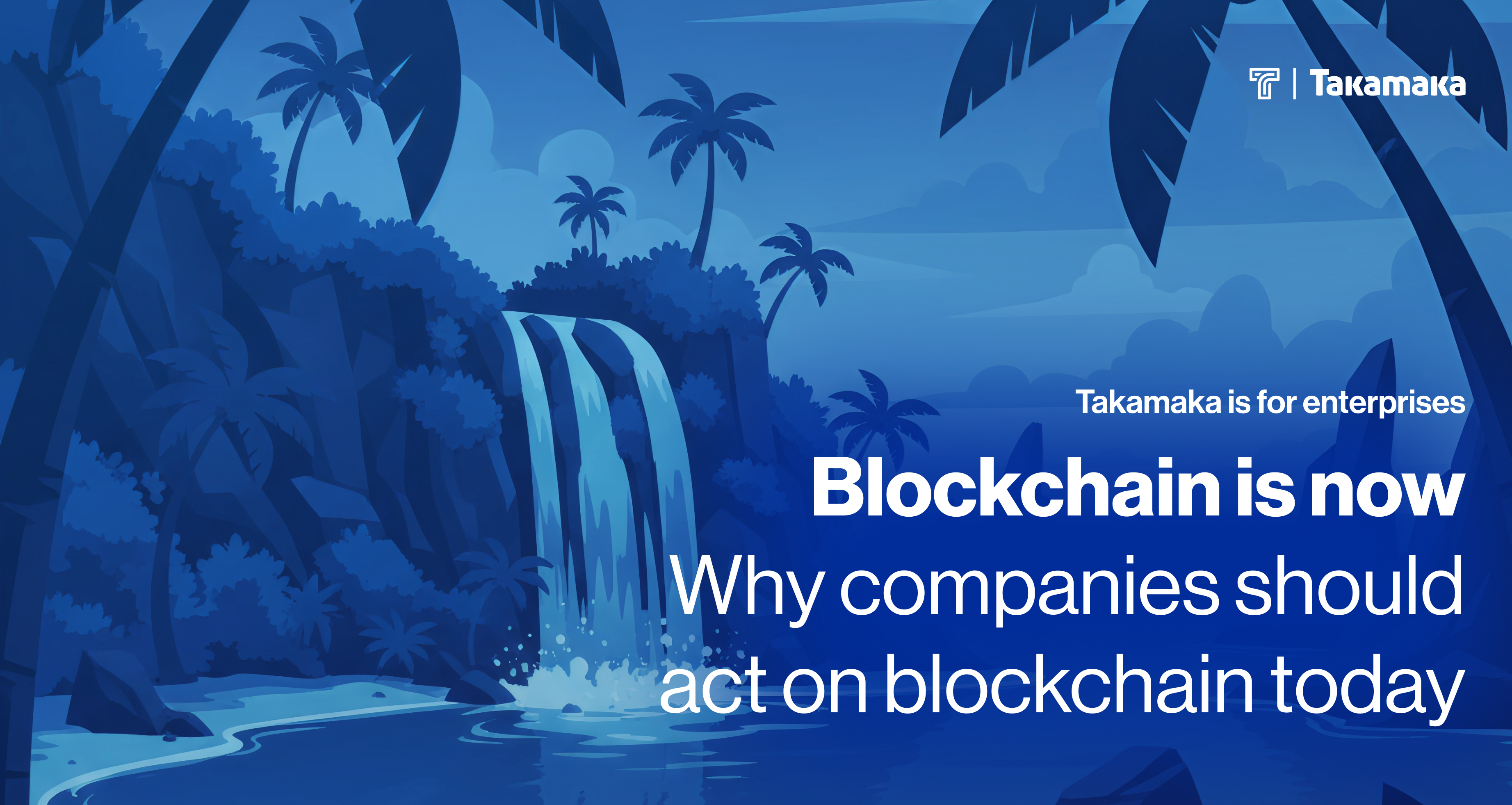
Today, it has become a cornerstone of corporate innovation and digital transformation. According to research by Coinbase cited by Halborn, around 60% of Fortune 500 executives are already working on blockchain initiatives in 2025. A separate report by DemandSage indicates that nearly 90% of surveyed companies have implemented blockchain technology in some form.
Delaying blockchain exploration now means giving competitors an open field. In Italy, for example, researchers from the Politecnico di Milano found that in 2024, the number of blockchain projects grew by 43%, reaching 149 business-oriented initiatives and a domestic market worth around €40 million. The message is clear: the window to lead is closing, those who invest today gain a strategic advantage, while latecomers risk playing catch-up.
The new normal: accelerated adoption
Blockchain has gone mainstream. More than 560 million people worldwide use it, and enterprise adoption is expanding across all sectors. In the State of Crypto 2025 survey, over half of Fortune 500 executives confirmed that on-chain projects form part of their long-term strategy. The average number of blockchain projects per company grew by 67% in one year, with nearly half of all enterprises increasing their investment.
The trend extends far beyond finance. Blockchain is being adopted in logistics, retail, healthcare, agrifood, and data management, a sign that the technology is not experimental anymore but ready for production-level deployment.
Advantages: traceability, efficiency, and compliance
Blockchain provides the transparency, operational efficiency, and governance modern organizations demand.
In supply chain management, it enables full product traceability, optimized inventory control, and improved accountability. Smart contracts automate processes such as order execution and payments, reducing both time and cost.
Major corporations are already seeing results:
-
Nestlé uses IBM Food Trust to verify its infant formula supply chain.
-
UPS and HerdX track beef shipments with real-time updates.
-
Alibaba integrates blockchain with QR and RFID to fight counterfeiting.
-
British Airways is testing a shared ledger for flight data.
These examples demonstrate how blockchain enhances both efficiency and trust across value chains. Its immutable record-keeping also supports compliance and auditing, helping companies meet regulatory standards while mitigating fraud risk.
The regulatory push and the Italian context
Europe’s maturing regulatory environment now provides greater legal certainty for blockchain-based business models. This progress supports initiatives in asset tokenization, cross-border payments, and document management.
In Italy, the domestic blockchain market is growing rapidly but still offers vast untapped potential, especially for early adopters eager to lead innovation.
Why Takamaka: a blockchain built for business
Among emerging platforms, Takamaka offers a blockchain ecosystem engineered for enterprise use:
-
Familiar Development Environment: Built entirely in Java, Takamaka enables developers to work with standard tools and frameworks.
-
High-Performance T-PoS Consensus: With 30-second slots and blocks of up to 10,000 transactions, the network can process 1.2 million transactions per hour efficiently and at low cost.
-
Dual-Token Model for Stability: The TKG token powers consensus and staking, while TKR, a USD-pegged stablecoin regulated under Swiss law, ensures predictable transaction and smart contract fees.
-
Post-Quantum Security: Takamaka integrates qTESLA signature schemes, offering resilience against future quantum computing threats.
-
Open Source and Compliance-Ready: Its transparent, modifiable codebase and Swiss-regulated stablecoin framework make it ideal for business integration.
These features make Takamaka a secure, scalable, and cost-stable foundation for enterprises exploring blockchain without the volatility or complexity of other networks.
Blockchain is no Longer the future, it’s the present
Leading corporations already rely on blockchain to achieve traceability, efficiency, and transparency. The Italian market, while growing, remains open for innovators ready to act.
With its secure architecture, predictable costs, and enterprise-ready design, Takamaka provides a practical path toward real-world blockchain adoption.
For companies and institutions, the call to action is clear: start now. Explore available solutions, evaluate your use cases, and prototype today; because in a fast-moving market, those who act now will define tomorrow’s digital leadership.

